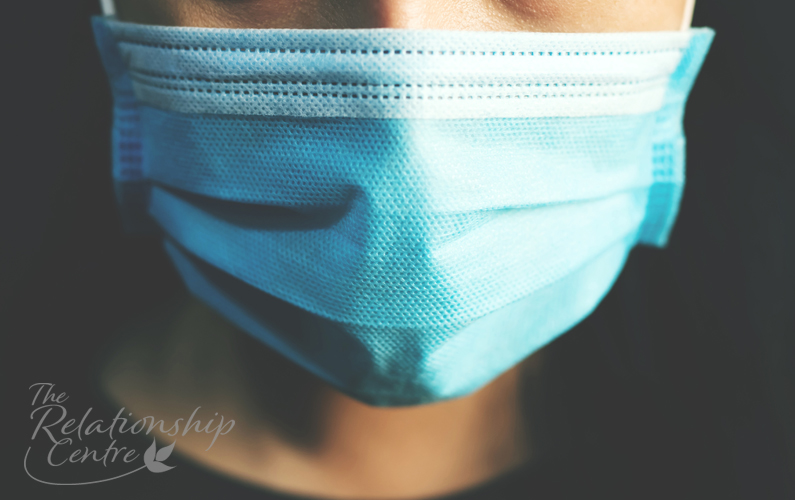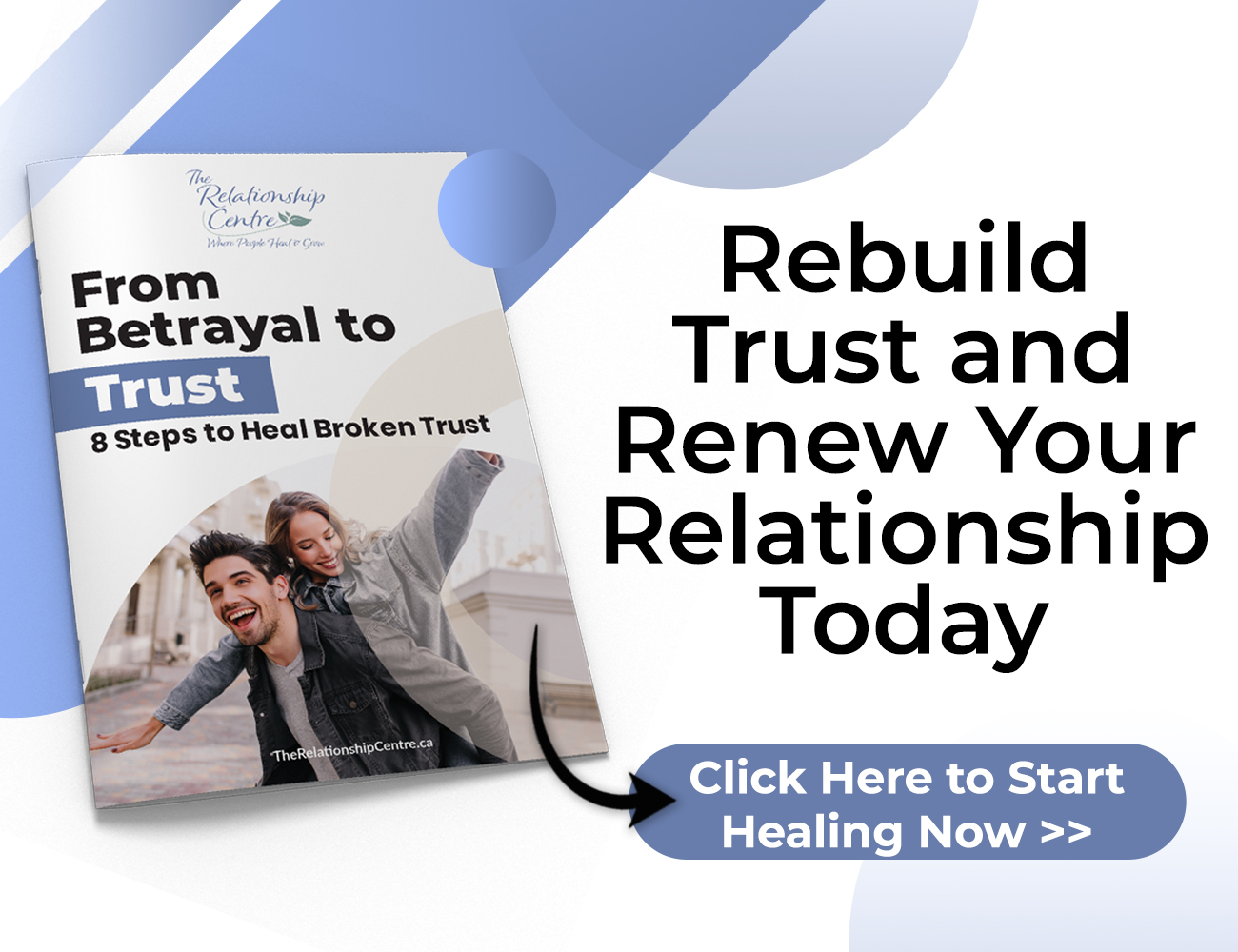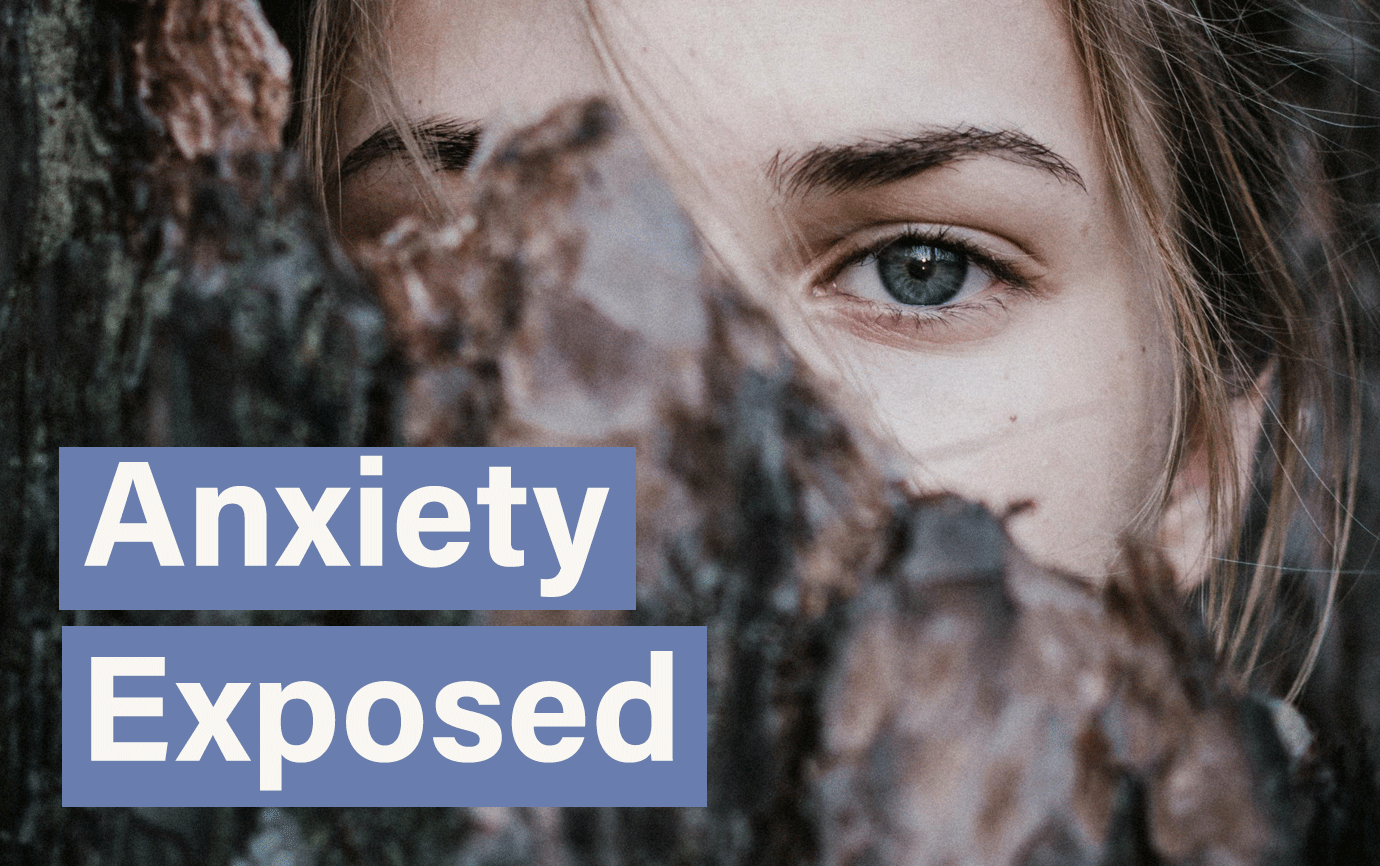Is it possible that you or a loved one is struggling with situational depression? As the name suggests, situational depression is brought on by one’s circumstances. That may seem like an obvious observation until considering that major depression (the type most think of when they hear the word “depression”) can exist with no identifiable cause.
So, when speaking of situational depression vs clinical depression, it’s different in that difficult circumstances trigger it, and it generally improves once those life events aren’t so stressful.
To live in this world is to experience stress, and that’s not always a bad thing since manageable amounts can be healthy. It helps us strive and meet goals that we may never have otherwise achieved.
At the same time, we all have different thresholds of what we can handle in life. Sometimes, disillusionment, too high of standards or overwork can lead to burnout or high functioning anxiety in a work setting and overall life.
But especially when factors enter our lives that would be considered tragic or uniquely challenging, the risk for situational depression significantly increases. What follows is a closer look at what situational depression is and how to cope with it better.
What is Adjustment Disorder (Situational Depression)? A Closer Look
Psychology Today’s situational depression definition is “A lengthy, abnormal, and excessively negative reaction to an identifiable life stressor. The reaction is more severe than would normally be expected and can result in significant impairment in social, occupational, or academic functioning.”
Situational depression isn’t an official mental health disorder like major depressive disorder. Instead, situational depression falls under adjustment disorder (a type of mood disorder).
Situational depression, also called reactive depression, tends to show up when those stress levels become too much to handle. Circumstantial depression is also sometimes used to describe this condition. This point of extreme sadness is rarely the result of one isolated factor. There often are multiple adverse factors working together that contribute to adjustment disorder.
Some signs of situational depression include:
- Prolonged job stress (Job loss, toxicity, overwork)
- A major health setback
- The loss of a close friend or family member
- Romantic relationship struggles/the end of a relationship
- Bullying or abuse
- Country-wide instability or unknowns (The pandemic is a good example)
- Ongoing financial difficulties
- Any other life factor leading to extreme stress
These events are so troublesome that they can be defining moments in a person’s life. Faced with such extreme setbacks, some measure of deep sadness is to be expected. Let’s face it: losing critical components of our lives is incredibly painful. But when the pain is deeper and lasts longer than it should, situational depression could be at work.
Situational Depression Symptoms
A variety of symptoms can occur with situational depression, including some of the following:
- Trouble concentrating
- Appetite loss
- Depressed or sad mood
- Anxiety
- Feeling keyed up or jittery
- Fatigue
- Work or home problems
- Aggressive or angry mood/behaviour
- Increased desire to isolate socially
- Losing interest in previously enjoyable activities
- A preoccupation with death, suicidal thoughts, or attempts
Interestingly, those struggling with situational depression aren’t always aware of what triggered it. We tend to keep going and doing the best we can until those challenges finally catch up with us. Working with a therapist can help you sort out exactly what is causing your situational depression.
How to Handle Situational Depression
When you’re in the middle of adjustment disorder’s fury, it’s not easy to imagine things will ever get better. But thankfully, despite how you may feel at the moment, your situation can improve by taking some of the following steps.
Acknowledge How You’re Feeling
In the face of unusually trying hardships, going through the grieving process is vital because it acknowledges that life has been challenging. Denying the pain only sets you up for even greater struggles down the road.
For that reason, it’s critical to get the help you need. Some measure of sadness or depression is normal in the face of extreme hardship. But you’ll want to guard against letting it become too prolonged. Undealt with situational depression can lead to major depression which can become more serious and prolonged.
Give Extra Attention to Your Physical Health
It would be nice if proper sleep, nutrition, and exercise were prioritized more in our culture. However, responsibilities crowd these needs out many times. Remember, they are needs rather than mere luxuries.
Yes, you need healthy practices all the time, but this is all the truer when dealing with adjustment disorder. It’s far easier to neglect your health when you need it the most. For that reason, be sure to give your well-being extra attention.
Resist the Urge to Isolate
When you’re going through situational depression, it’s easy to isolate yourself from others. The grief journey can feel lonely too. Sometimes, even those closest to you won’t fully understand the depths of pain you’re going through.
Although you may feel a strong urge to isolate yourself from others, doing so only reinforces the symptoms of situational depression. If you can find a few trusted friends to discuss how you’re feeling or at least spend time with, that will make a big difference. Also, consider joining a local or online support group that focuses on the specific challenges you’re experiencing.
Consider Therapy for Situational Depression
Although we all regularly go through challenging times, sometimes those difficulties can feel way more overwhelming than usual. If you could relate to some of the adjustment disorder symptoms mentioned, you may be struggling with situational depression. The good news is that this condition is treatable.
The Relationship Centre can help you find proven ways to overcome your situational depression. You won’t have to feel so isolated either since you’ll have a confidential professional specifically trained to help you through those tough times. If you’d like to learn more about how we can assist you, please get in touch. You are also welcome to schedule an appointment with us.














